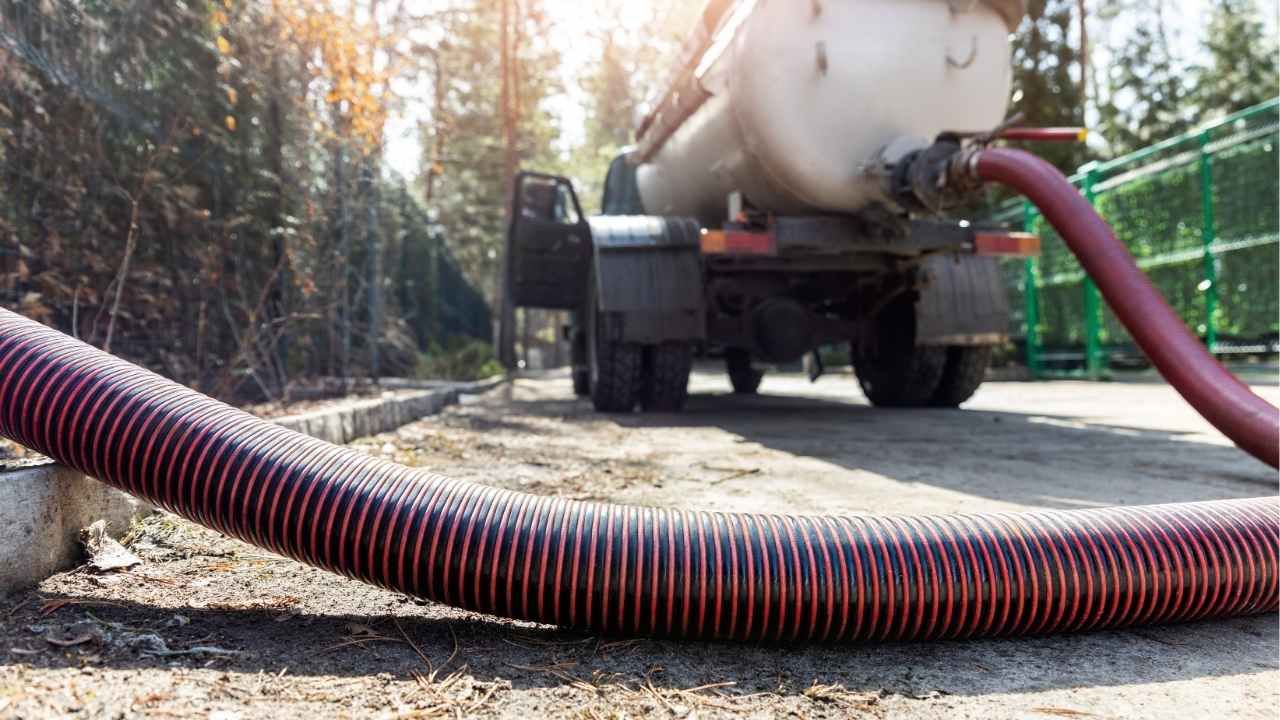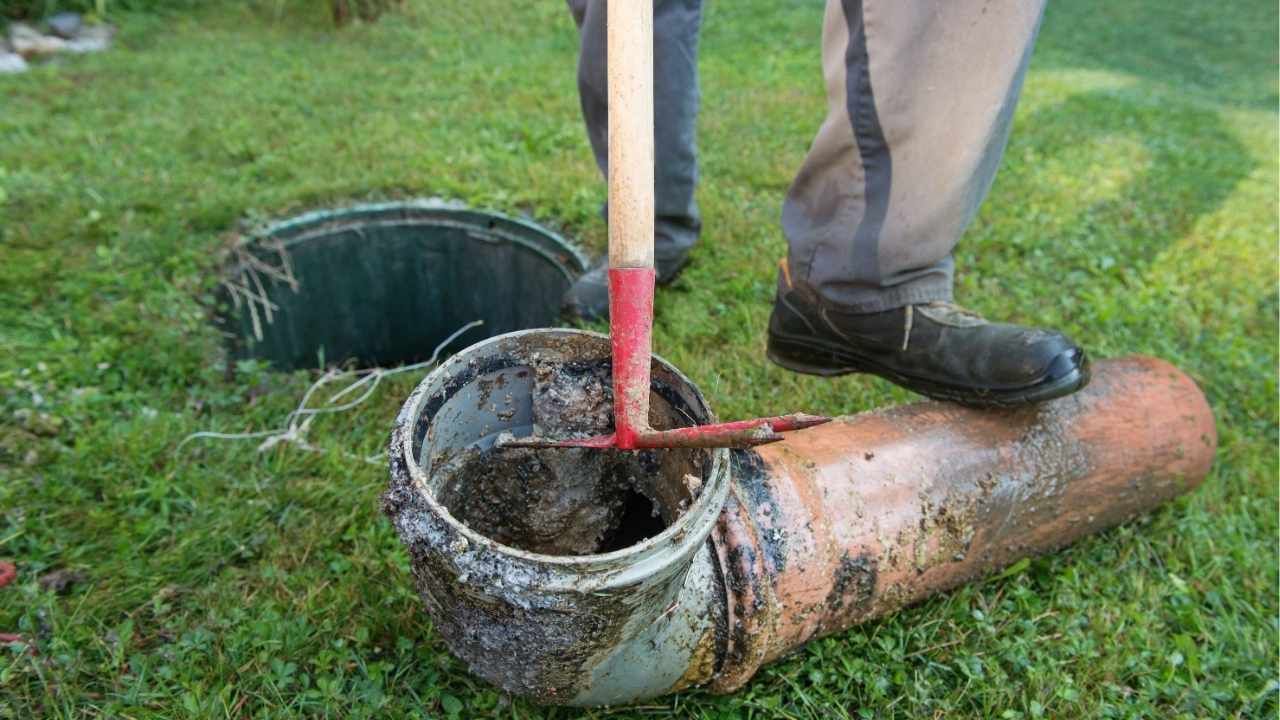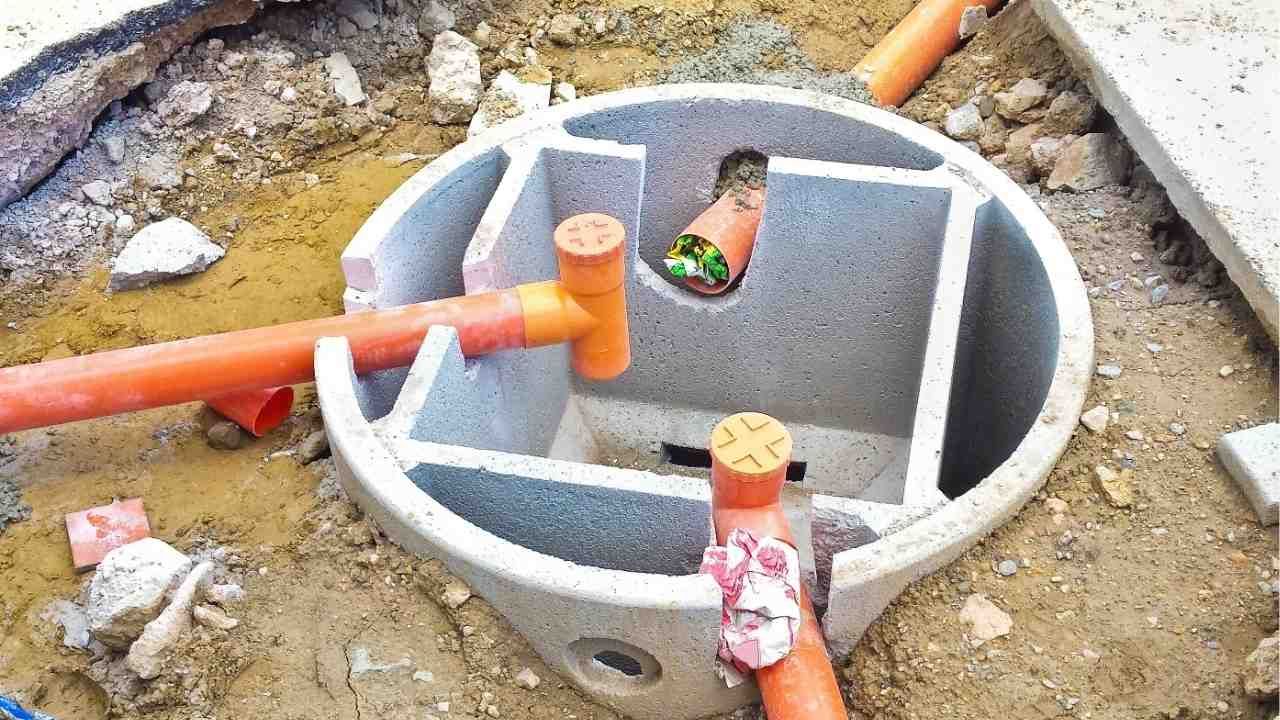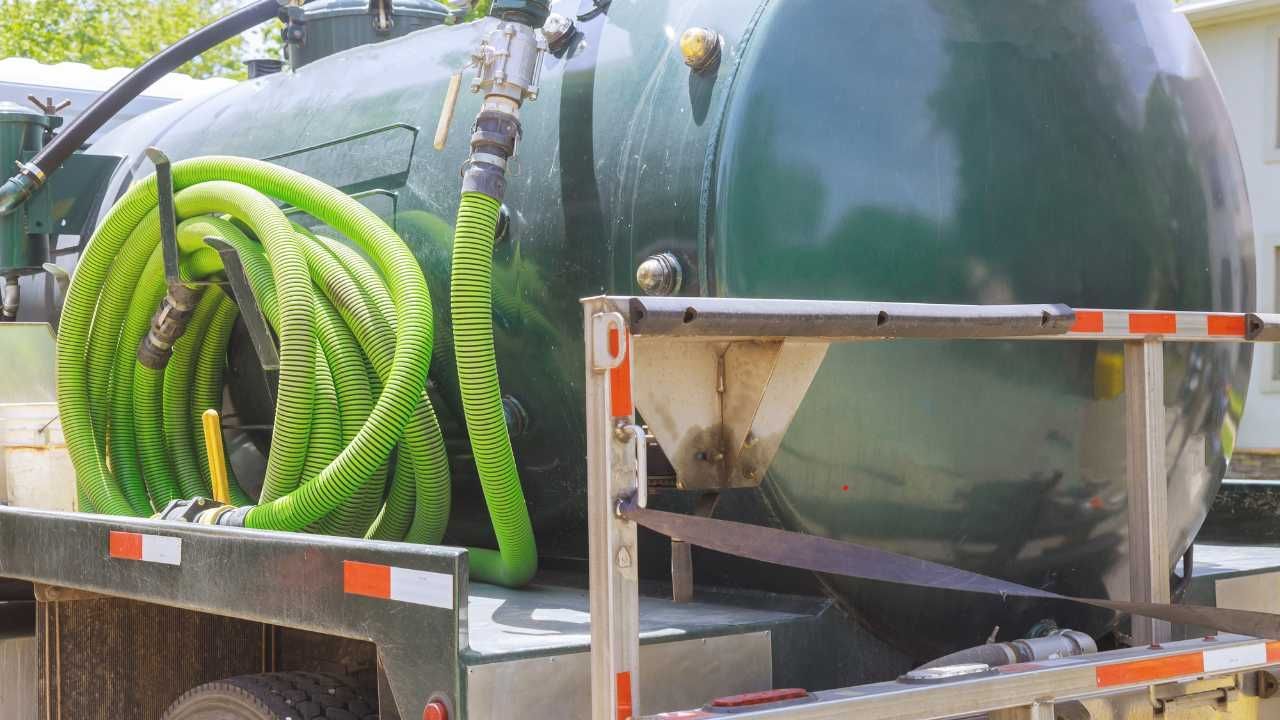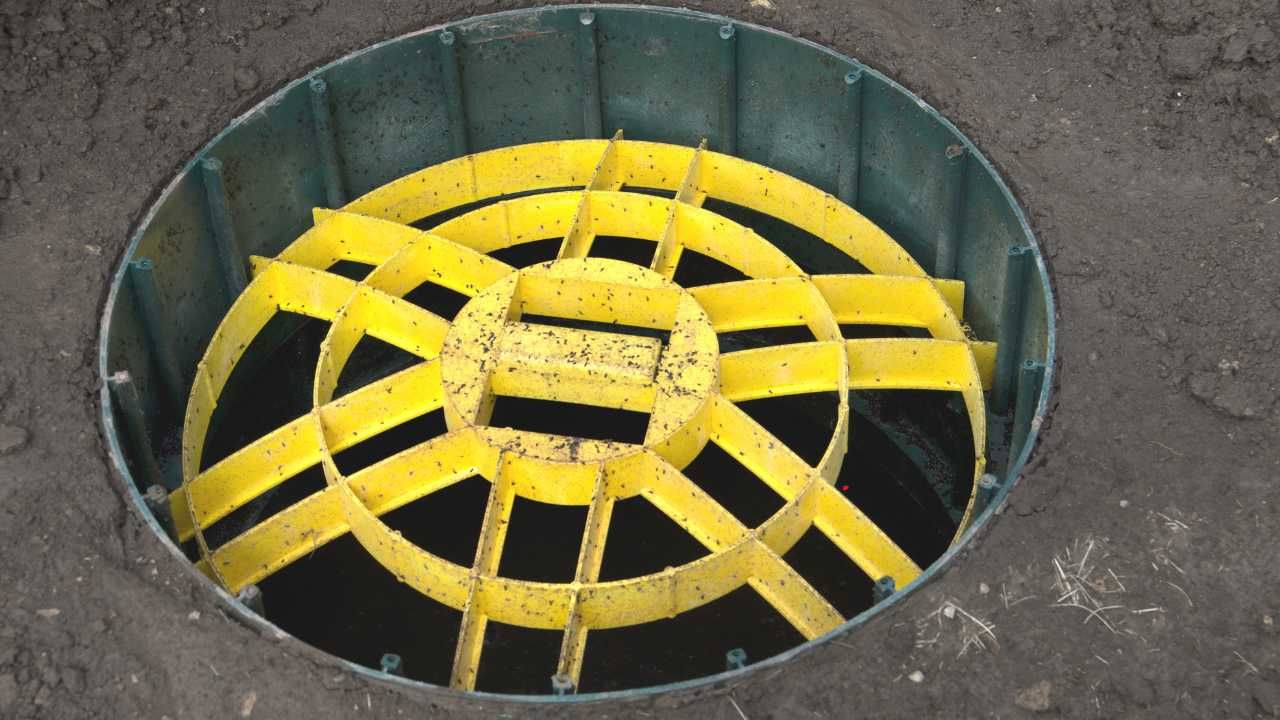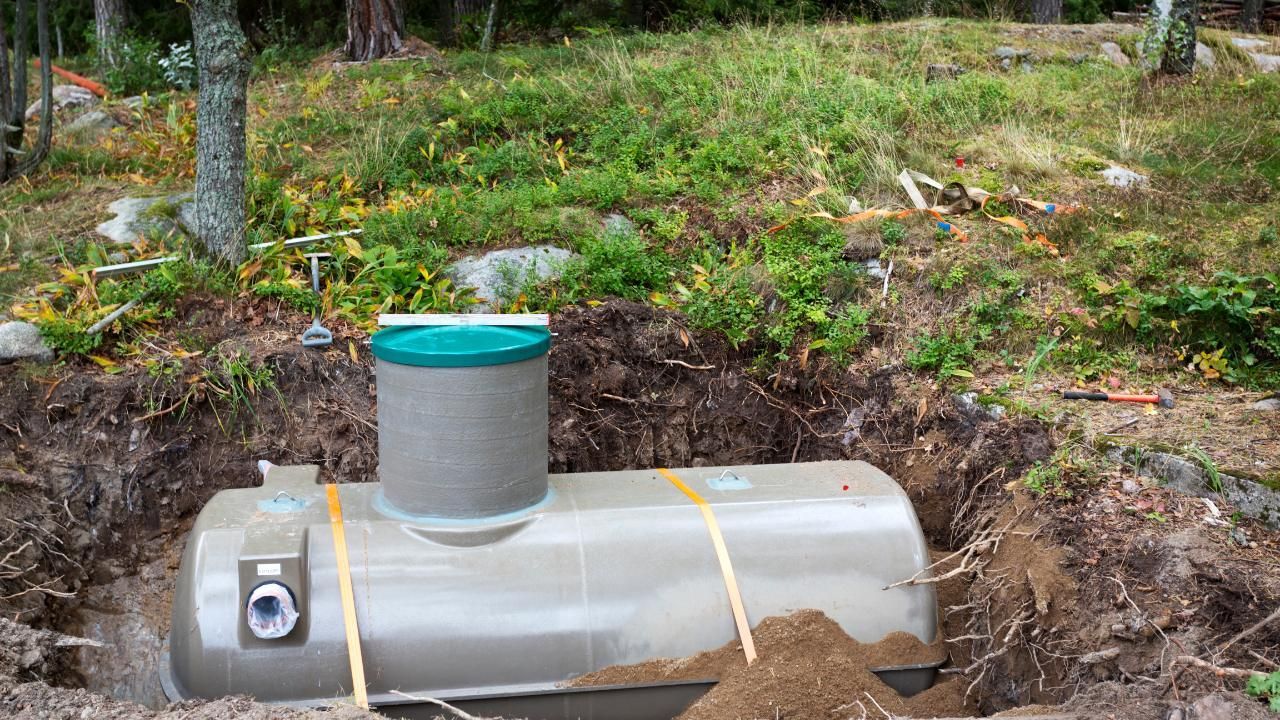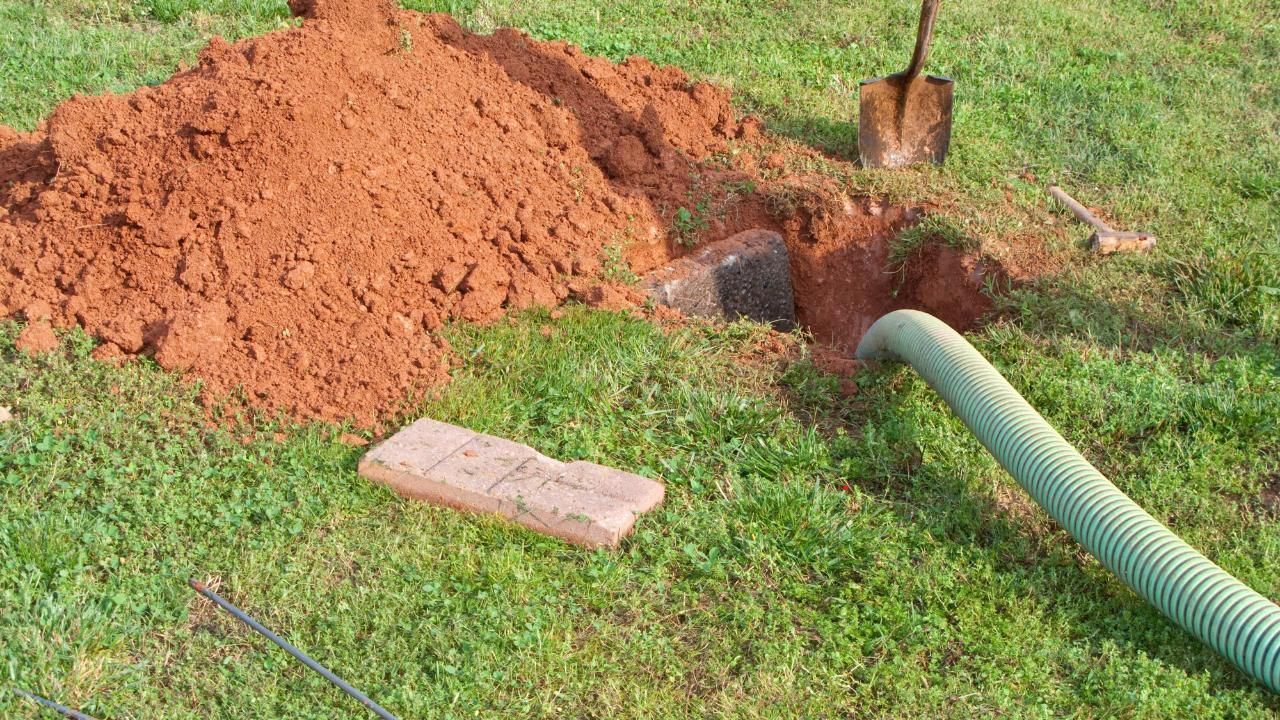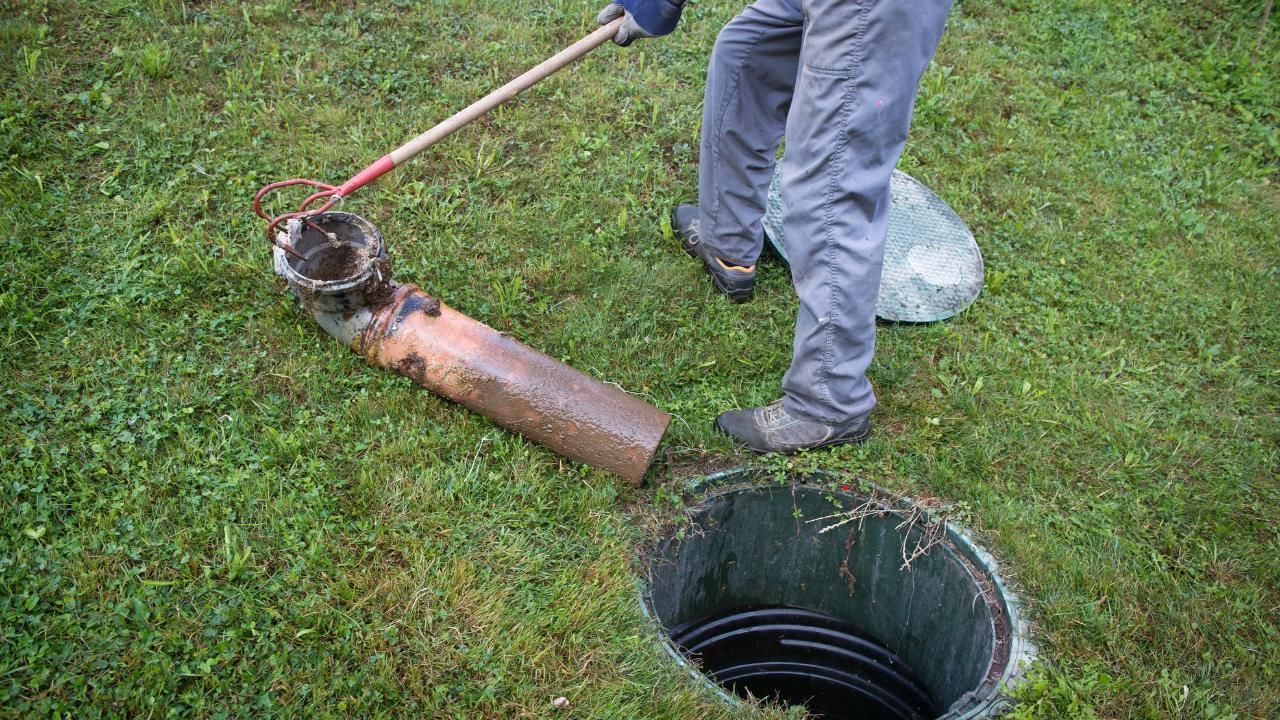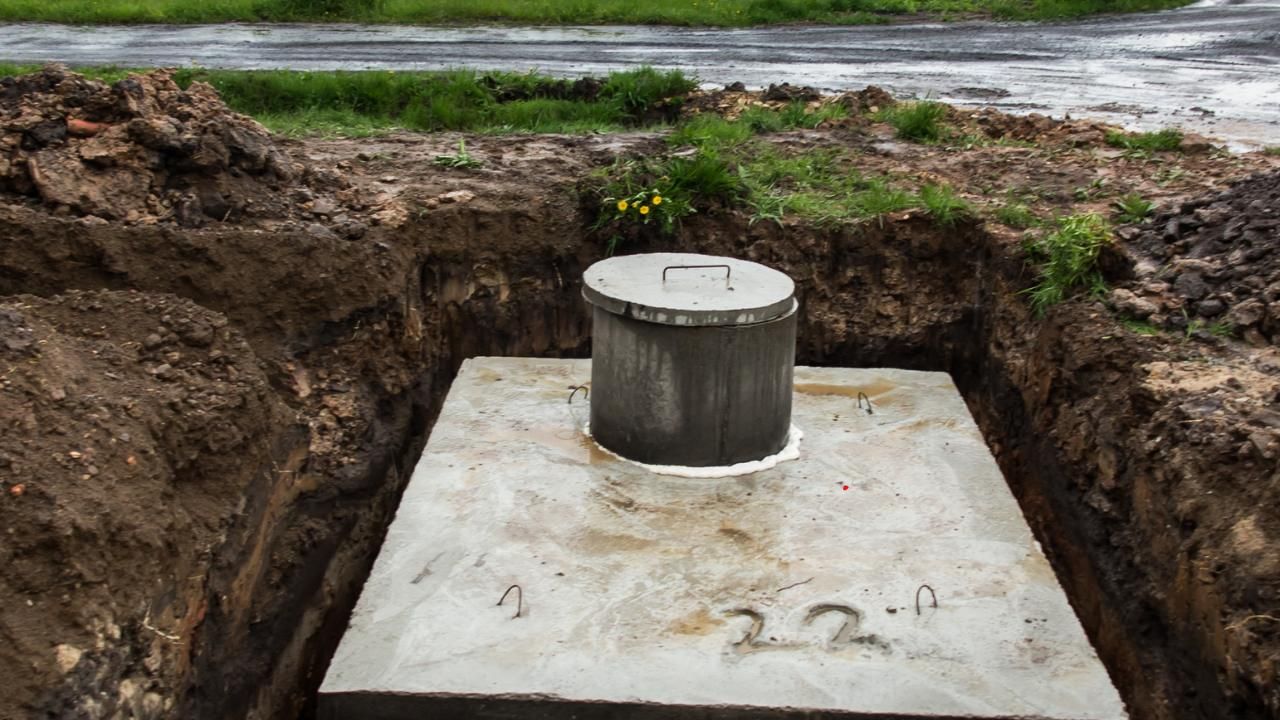How Long Does Septic Tank Pumping Take? A Quick Guide
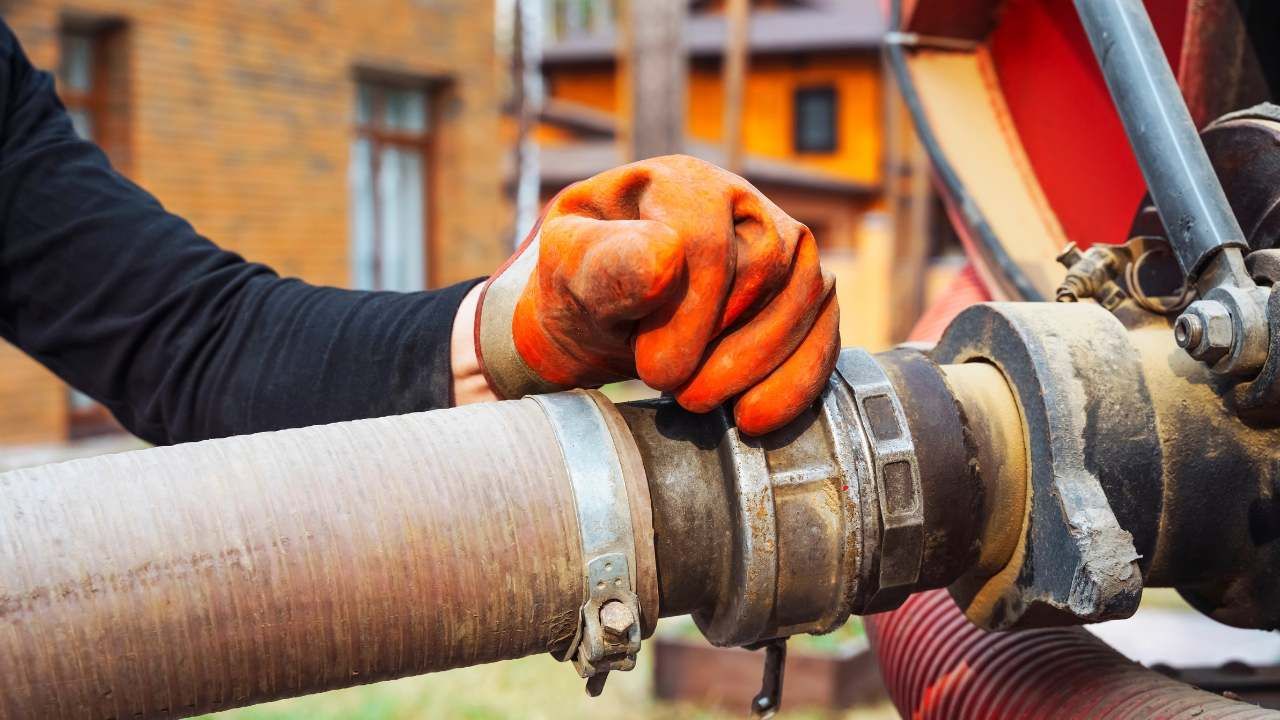
If you’re a homeowner with a septic system, you’ve probably wondered how long septic tank pumping actually takes. It’s one of those essential maintenance tasks that keeps everything running smoothly, but many people aren’t sure what to expect. Whether you’re scheduling septic tank pumping in Miami or other service areas, knowing the timeframe helps you plan your day and avoid unnecessary stress.
This guide will break down what affects the pumping process, what professionals like Septic Masters actually do, and why regular septic services are so important. By the end, you’ll have a clearer picture of what happens when the truck pulls into your driveway.
Typical Timeframe for Pumping
On average, septic tank pumping takes between 30 minutes to an hour and a half. That said, several factors can make the process shorter or longer. A small residential tank in good condition may only take half an hour, while a large, neglected tank could stretch closer to two hours.
The pumping itself involves inserting a large hose into the tank, breaking up solid waste if needed, and removing all the sludge and liquid. Once everything is cleaned out, technicians will check for any problems, like cracks or backflow issues, before finishing the job.
Factors That Affect the Duration
Not every septic tank is created equal, and that’s why the time needed can vary. Here are the biggest factors that influence the pumping process:
- Tank Size: A 1,000-gallon tank will take less time than a 2,500-gallon tank. Larger tanks naturally require more pumping.
- Access to the Tank: If the lid is easy to reach, things move quickly. But if it’s buried under soil or landscaping, it takes extra time to dig it up.
- Condition of the Tank: Tanks that haven’t been serviced in years often have hardened sludge, which requires more effort to break apart and remove.
- Equipment Used: Professional companies with modern trucks and high-powered vacuums, such as Septic Masters, can complete the job faster and more efficiently.
Why Regular Pumping Matters
It might be tempting to delay septic maintenance, but skipping service comes with risks. A neglected tank can overflow, clog your drains, or even back sewage into your home. By scheduling regular septic services, you ensure your system works properly, lasts longer, and avoids costly repairs.
Most households need their tanks pumped every three to five years, depending on household size and water usage. Keeping to this schedule makes each pumping session quicker and easier, since the buildup never gets out of control.
Case Study: A Miami Homeowner’s Experience
One Miami family recently scheduled their first pumping in over six years. Their 1,500-gallon tank was overdue, and when the crew arrived, the lid was buried under two feet of soil and landscaping stones. It took an extra 30 minutes just to locate and uncover the access point. Pumping itself took about an hour because of the thick buildup inside.
By contrast, their neighbor, who pumps every three years, had the entire process done in just 40 minutes the following week. The difference came down to access and maintenance habits—proof that regular attention saves time and headaches.
Final Thoughts
Septic tank pumping isn’t an all-day affair—it’s usually a quick process that rarely takes more than two hours. The exact time depends on your tank size, condition, and accessibility, but with professional help, it’s a smooth and straightforward job.
If your system is due for maintenance, don’t put it off. Schedule a pumping appointment with a trusted septic service provider and keep your household running without interruptions.
Ask Your Questions
Get In Touch, Leave Us A Message
We're committed to providing affordable and reliable septic tank services. Whether you need cleaning, maintenance, or repairs, our experienced team is here to help. Get in touch with us today and leave us a message to schedule an appointment or inquire about our services.


